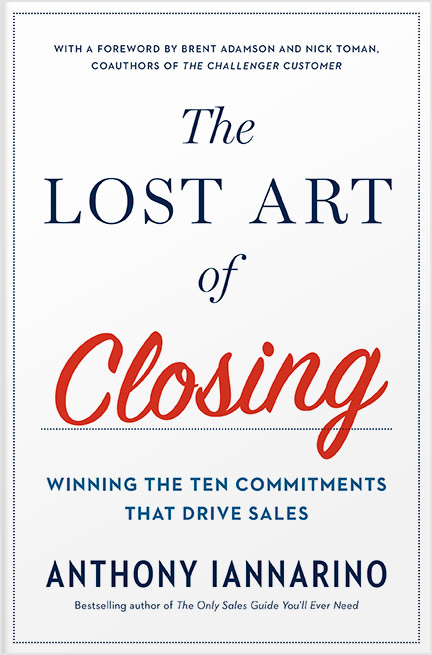In last week’s newsletter, I made note of the idea that humans live around 4,000 weeks, an idea that caused one of my relations to confront her aversion to Mondays, the very reason I initially did the math. This newsletter is also about time, and even though the idea here is equally important, it won’t be so heavy.
We don’t spend enough time with our dream clients to effectively serve them. We spend too few hours face to face, and we spend too much time communicating to each other in mediums incapable of producing the outcomes we want, helping them solve their problems, and in doing so, winning their business.
As markets are pulled in two directions, super-transactional or super-relational, the transactional approach of reducing friction, compressing the sales cycle, and eliminating as much real communication as possible is seductive. The super-transactional approach looks like more money faster, and without the messy and challenging work of engaging with human beings. In the business-to-consumer market, this is the Holy Grail. The super-transactional approach isn’t the best decision in many business-to-business markets, especially companies with a customer intimacy model, one in which they create value by solving problems.
The metric I am more interested in capturing is hours spent in discussions with the prospective client, a number that may indicate whether the approach is not super-relational. Many believe that a complex B2B sales should take as few as two hours and a series of emails, and why wouldn’t they when their prospective clients give them so little of their time? (If you want to learn to control the process, gaining the meetings you need to do good work, check out The Lost Art of Closing: Winning the 10 Commitments That Drive Sales, and email me your receipt so I can send you the workbook).
No more pushy sales tactics. The Lost Art of Closing shows you how to proactively lead your customer and close your sales.
My best guess is that a competitive displacement takes more hours, as does any complex sales (one in which the client is something they don’t often decide, and one of real importance). Instead of trying to reduce the hours you spend with your dream, you should be increasing that time, something that would do more to reduce the time it takes you to win their business—and a better choice than trying to avoid spending time with them, or allowing them to avoid spending time with you.
I write this knowing that it’s fashionable now to believe that relationships aren’t meaningful or that one shouldn’t worry about anything but competency, but this is to misunderstand human behavior, including the fact that we don’t even know our subconscious minds, let alone another person’s. I am pushing back against the idea of prioritizing efficiency in sales over effectiveness.
All things being equal, relationships win. All things being unequal, relationships still win. Your job is to make all things unequal by creating value.








.jpg?width=768&height=994&name=salescall-planner-ebook-v3-1-cover%20(1).jpg)


